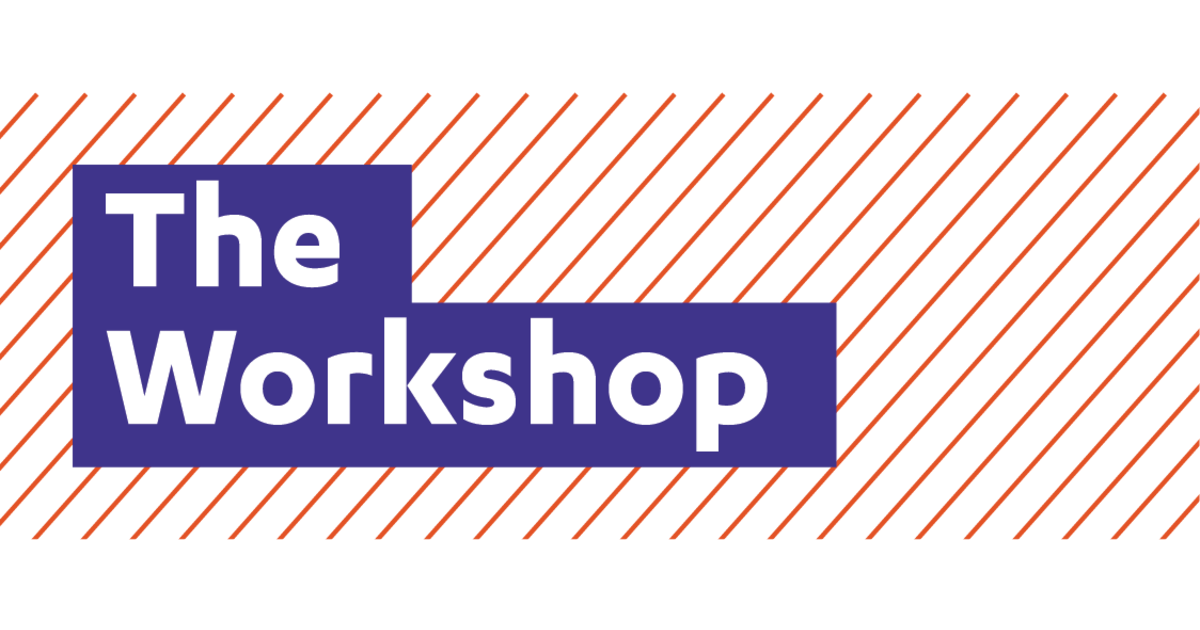Kia ora from Jess,
We often share this image adapted from The Water of Systems Change by John Kania, Mark Kramer, and Peter Senge in our talks and presentations. While it’s up on screen I usually say something like "the world we live in now and how we experience it is built on shared stories, frames, or assumptions...whatever you want to call them". The Regulatory Standard Bill is the perfect example of how law, policy and process are built on stories or shared mental models about the world and how it should work.
The story goes like this: the state should protect private wealth, property, and profit (and future profits) above all else as the first principle of democracy. If harm happens, then it falls on the people and places being harmed to prove that this harm is of a sufficient level to have those protections of people’s profit and wealth removed.
At its heart that is what the Regulatory Standards Bill is trying to put into legislation - a story that individual wealth and profit should be prioritised above care and protection for public good.
There is of course a different story that also exists in western and indigenous cultures and is accessible to many people across the political spectrum. This story is about the importance of prioritisation of public good. It’s about our collective wellbeing, the happiness and opportunities we provide all children, and the health of the ecosystems that sustain us. In this story we protect and care about the wellbeing of our wider communities as our very first priority, and this provides the framework by which all laws, policies, and processes are measured. Legislation like the Welsh Future Generations Act have successfully written this story into law, and the evidence tells us that when we honour this story in our laws and policies it is the one that ensures all people, not just a few, are able to thrive.
It is important to identify the stories and frames that we want to bring to the surface when talking about the laws and policies that we need (or don’t need) for public good. Submissions close next Monday on the Bill. And a Future Generations Act seems a great way to embed a story that most people support into our policies and practices.


